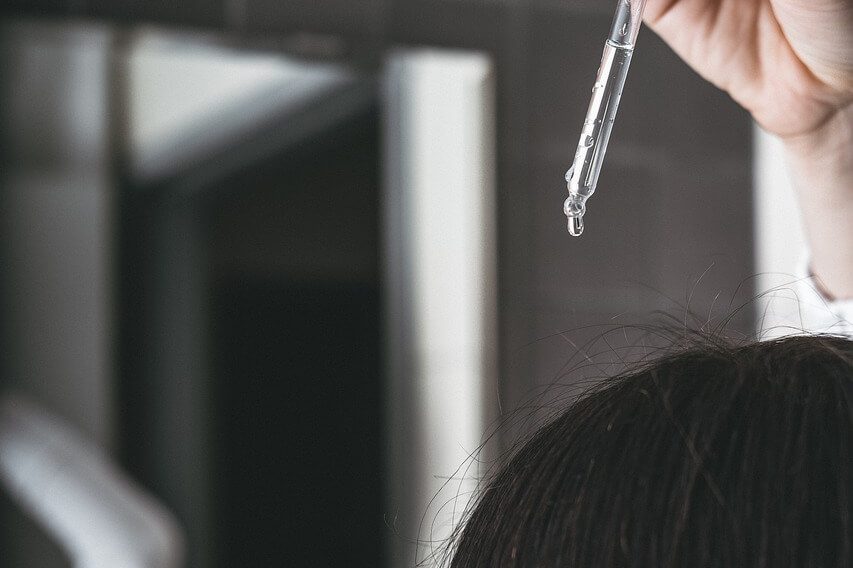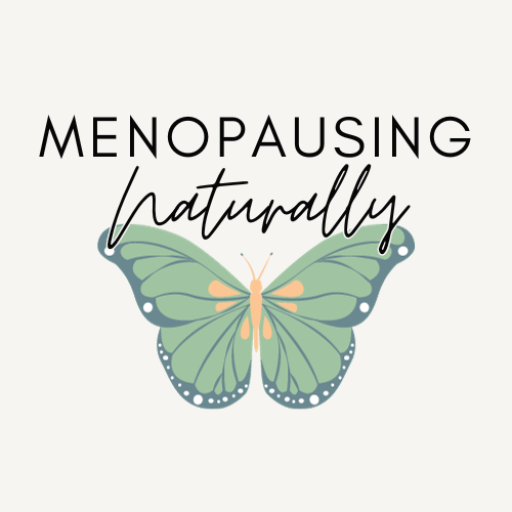Menopause and Hair Loss: Understanding the Connection
If you’re experiencing menopause, you may have noticed changes in your body beyond the typical symptoms. One of the less-discussed but significant changes is hair loss. In this comprehensive guide, we’ll delve into the relationship between menopause and hair loss, providing you with valuable insights and effective strategies to navigate this phase with confidence.

Introduction: Unraveling the Complexity
The hormonal fluctuations that accompany menopause can have a profound impact on various aspects of a woman’s health. Hair health is no exception. As estrogen levels decline, it can lead to shifts in hair growth patterns, resulting in thinning or shedding.
The Role of Hormones: Estrogen and Beyond
Estrogen, often referred to as the “female hormone,” exerts a significant influence on hair follicles. It extends the anagen (growth) phase of the hair cycle, leading to longer and thicker strands. However, as menopause sets in, estrogen levels decline, potentially shortening the growth phase and leading to reduced hair density.
Navigating Hormonal Shifts
As estrogen declines, androgens, often considered male hormones, can exert a more prominent influence on hair follicles. Androgenic alopecia, a common form of hair loss, may occur. It manifests as a progressive thinning, primarily at the crown and frontal areas. Recognizing this pattern is crucial in addressing menopausal hair loss.
Lifestyle Factors: A Holistic Approach
While hormonal changes are a primary driver of hair loss during menopause, lifestyle factors can exacerbate the condition. Chronic stress, poor nutrition, and inadequate sleep can all contribute to compromised hair health.
Chronic Stress and Its Impact
Chronic stress, a prevalent concern in today’s fast-paced world, can significantly impact hair health. It triggers a condition known as telogen effluvium, wherein a large number of hair follicles prematurely enter the resting phase and subsequently shed. Practicing stress-reducing techniques such as meditation, yoga, or deep breathing exercises can mitigate this effect.
The Vital Role of Nutrition
Maintaining a well-rounded and nutrient-dense diet is foundational to hair health. Biotin, a B-vitamin, along with iron and omega-3 fatty acids, are particularly crucial in this regard. These nutrients contribute to the structural integrity of hair strands and support a healthy hair growth cycle.
Addressing Hair Loss: Effective Strategies

Topical Treatments and Supplements
There have been some studies to show that various oils, such as pumpkin seed oil, rosemary oil, thyme oil and others have some affect on hair growth. Simultaneously, supplements containing biotin and iron provide essential nutrients vital for robust hair health.
Professional Interventions
Consulting a dermatologist or trichologist specializing in hair health is a crucial step. They can offer personalized treatment plans, which may include prescription medications or advanced therapies such as platelet-rich plasma (PRP) treatments.
FAQs: Navigating Common Concerns
Q: Is hair loss during menopause permanent?
A: Not necessarily. With the right interventions and care, many women experience regrowth and improved hair health.
Hair loss during menopause is often a reversible condition. By implementing appropriate interventions and adopting a comprehensive approach to hair care, many women witness a significant improvement in hair density and overall health.
Q: Are there any natural remedies for menopausal hair loss?
A: Natural remedies, such as rosemary oil and saw palmetto, have garnered attention for their potential benefits in managing menopausal hair loss. However, it’s crucial to approach these remedies with caution and seek guidance from a healthcare professional to ensure their safety and efficacy.
Q: How long does it take to see results from hair loss treatments?
A: The timeline for experiencing visible results from hair loss treatments is individualized and contingent on various factors. While some individuals may notice improvement within a few weeks, others may require several months of consistent treatment to observe significant changes.
Conclusion: Embracing Change with Confidence
Embracing the changes that accompany menopausal hair loss is an empowering endeavor. Armed with knowledge and a holistic approach, women can navigate this phase with confidence, celebrating their beauty and vitality. Remember, seeking professional guidance and adopting a comprehensive care routine are pivotal steps in this transformative journey.






